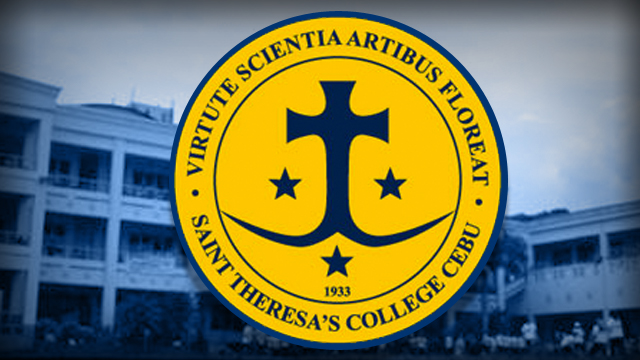SUMMARY
This is AI generated summarization, which may have errors. For context, always refer to the full article.

MANILA, Philippines – Remember the students of St Theresa’s College (STC) in Cebu City who posted on their Facebook accounts photos of themselves in bikinis?
They were not called on stage during their graduation last March 2012, despite a regional court ordering the school to do otherwise. (READ: Court: Allow ‘bikini pic’ students to attend grad rites)
The parents of the students filed a petition for the issuance of a writ of habeas data before Branch 14 of the Regional Trial Court (RTC) in Cebu City.
They asked the court to order STC to surrender and deposit all soft and printed copies of the photographs, and to declare they have been illegally obtained in violation of the children’s right to privacy. The RTC dismissed the petition on July 27, 2012.
The petition was then brought to the Supreme Court (SC), but the SC affirmed the RTC decision last September 29, 2014.
According to the SC, the school did not violate the students’ right to privacy.
It said the students cannot invoke the protection attached to the right to informational privacy because the photos were seen by other STC students, who in turn showed them to Mylene Escudero – the computer teacher who reported the incident to the school authorities.
This is contrary to the testimony of the students, who said the uploaded photos were only viewable among themselves – 5 persons in total. (READ: Groups hit school for punishing girl over ‘bikini’ pic)
Facebook has different privacy tools which allow users to regulate who can access their posts, allowing users to choose between Public, Friends of Friends, Friends, Custom and Only Me.
The SC said that given the lack of corroborative evidence from the students, along with Escudero’s testimony, it is reasonable to assume the photos were viewable either to the uploader’s Facebook friends or the public at large.
“Without proof that they placed the photographs subject of this case within the ambit of their protected zone of privacy, they cannot now insist that they have an expectation of privacy with respect to the photographs in question,” the decision read.
While self-regulation on the Internet is “the best means of avoiding privacy rights violations,” the SC said schools and parents should also participate in disciplining and educating children to be good digital citizens.
“As such, STC cannot be faulted for being steadfast in its duty of teaching its students to be responsible in their dealings and activities in cyberspace, particularly in [online social networks], when it enforced the disciplinary actions specified in the Student Handbook, absent a showing that, in the process, it violated the students’ rights,” the decision read. – Rappler.com
Add a comment
How does this make you feel?
There are no comments yet. Add your comment to start the conversation.